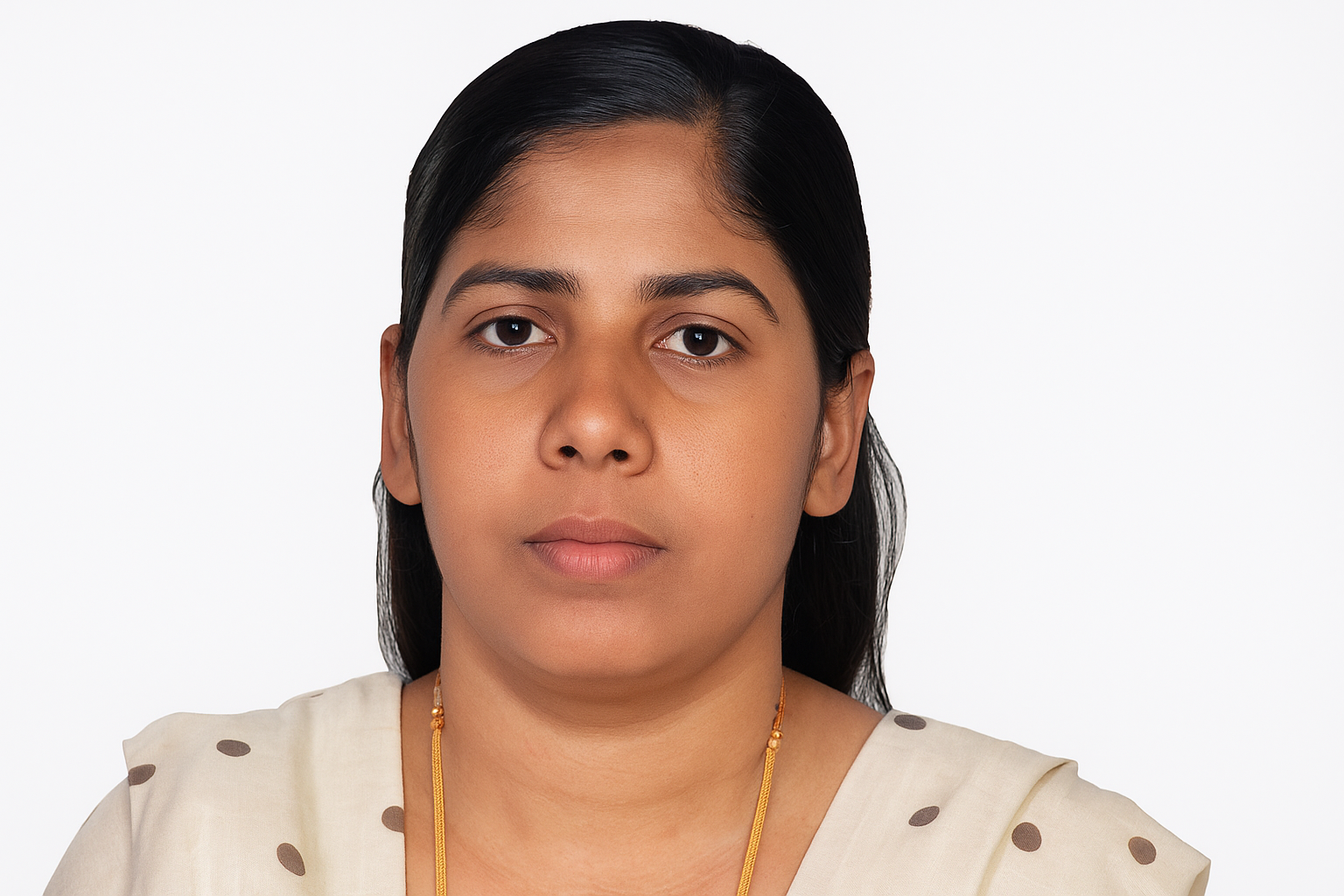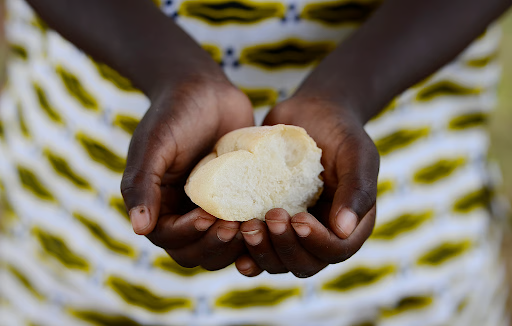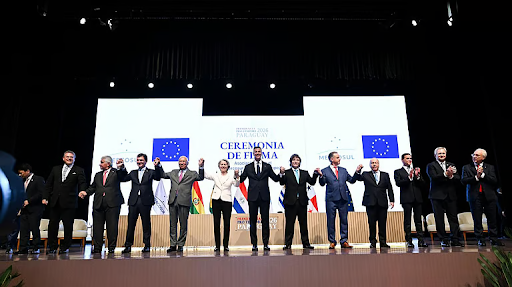



"Blood money" (Diyah) under Islamic Sharia law is financial compensation paid by the accused to a victim's family in serious crimes like murder. Its purpose is to alleviate suffering and financial loss, not to price life. The amount is negotiated, not fixed. Even if paid, the state can still impose additional deterrent punishments, including imprisonment.

Copyright infringement not intended
Picture Courtesy: NEWS18
Kerala nurse Nimisha Priya, sentenced to death in Yemen for a murder, now her fate depends on Islamic ‘blood money’ laws under Sharia law.
It is a financial payment that a person found guilty of a serious crime, like murder, gives to the victim's family. It is a form of compensation.
Countries that use Islamic Sharia law in their legal systems follow this custom. It is most commonly used in cases of unintentional murder or accidental killing.
It can be used in murder cases where the victim's family decides not to seek "qisas" (a form of retribution under Sharia, which could mean an eye-for-an-eye type of punishment, sometimes even execution).
The main purpose of "blood money" is not to put a price on a human life. Instead, it aims to help the affected family deal with their suffering and make up for any financial loss they experience because of the victim's death, such as lost income.
Even if the victim's family and the accused agree on "blood money," the community and the state (the government) can still choose to impose additional punishment to deter others from committing similar crimes. This can include other penalties, even prison time.
The application of "blood money" can vary in different Islamic countries. Factors such as the victim's gender, religion, and nationality can influence the process and potentially the amount. For example; In Saudi Arabia, traffic laws specifically require the payment of "blood money" to the families of victims who die in road accidents. In addition to this payment, the person who caused the accident also faces a prison term.
Sharia law does not state a fixed amount for ‘diya.’ The victim’s family and the accused can negotiate the amount. This system means the victim's family plays a significant role in the fate of the person who committed the offense.
Source:
|
PRACTICE QUESTION Q. The term diyat (blood money), is frequently seen in the news, is related to: A) Price paid by a person to a blood donor. B) Alleviate the suffering and loss of the victim's family. C) Punish the perpetrator with greatest stringency. D) Transfer the case to an international court of Justice. Answer: B Explanation: Diyat (blood money) is a concept in Islamic Sharia law. It represents monetary compensation paid by a perpetrator or their family to the victim's family in cases of homicide, bodily harm, or property damage. The primary purpose of diyat is to alleviate the suffering and financial loss incurred by the victim's family. |



© 2026 iasgyan. All right reserved